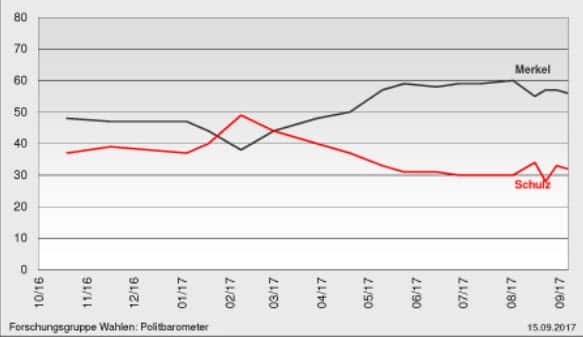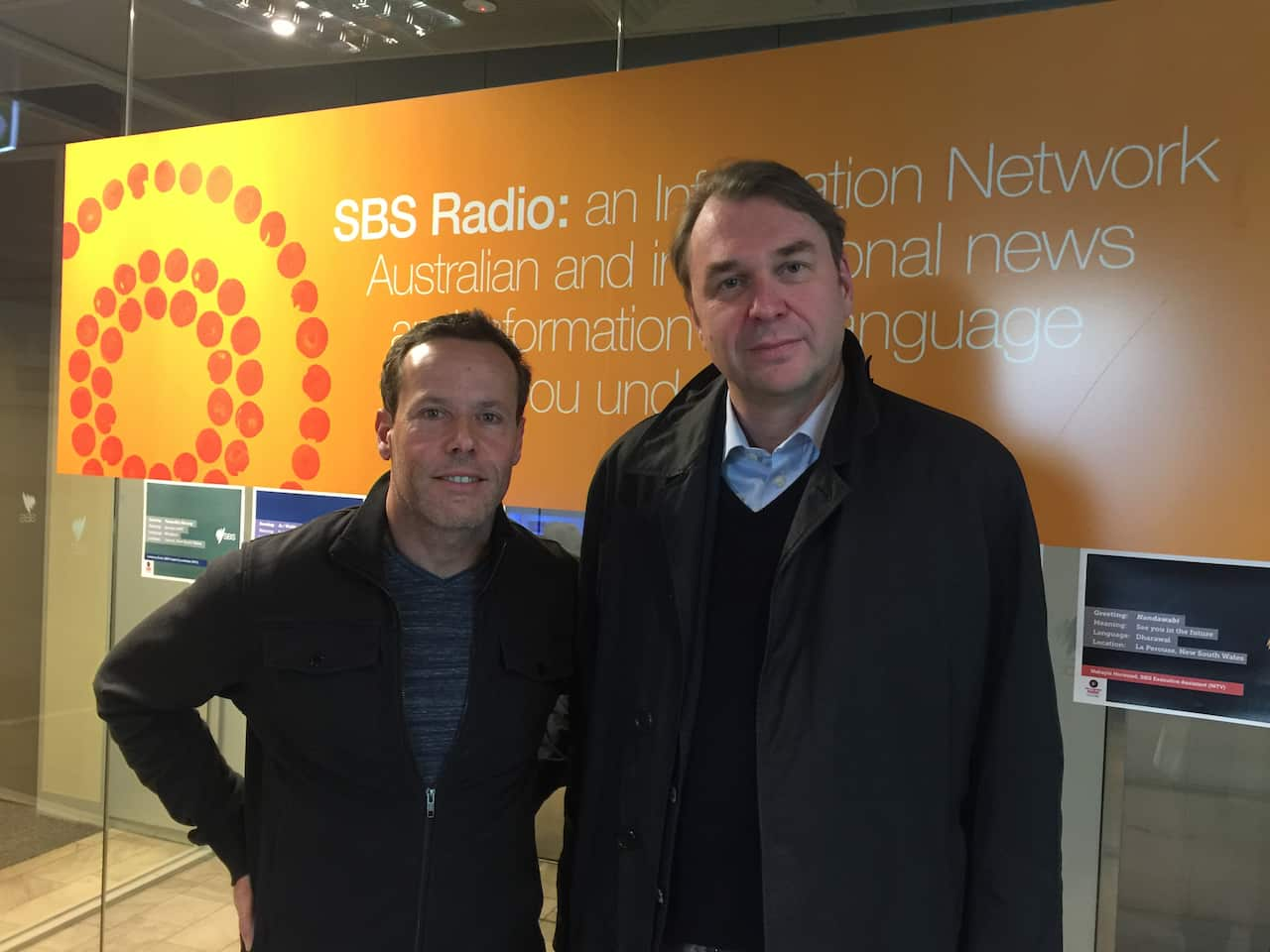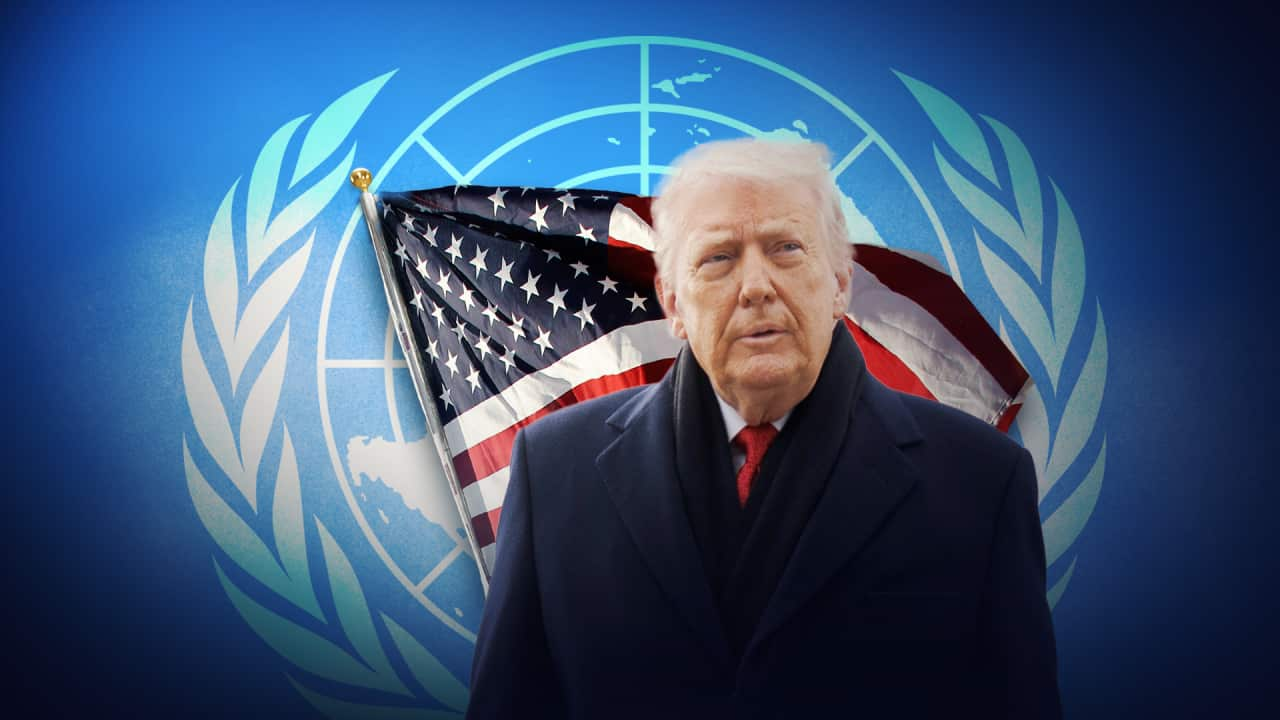"There won't be a German Trump", says Dirk Kurbjuweit, deputy editor-in-chief at the well-respected weekly news magazine Der Spiegel, during his recent visit to Melbourne.
The German chancellor has not only positioned herself as Trump's antipode since his inauguration, she also uses an anti-Trump sentiment prevailing in Germany to win the election.
In May, Angela Merkel made a surprise move during a campaign stop in Bavaria.
In what became known as her "beer tent speech", Merkel announced it was time for Europe to “take our fate into our own hands. The era in which we could fully rely on others is over."
Unlike Australia, Germany under Angela Merkel has been continuously distancing itself from Trump since the beginning of his presidentship.
Merkel also said: “There are no unlimited guarantees for close cooperation with us Europeans."
related reading:

A German lesson for Australian politics
Nevertheless, twelve months ago, her political future did not seem so certain. Merkel announced she would seek re-election last November, just two weeks after the U.S. election.
Coming back from a fierce backlash in approval ratings in 2015/16 following Merkel's refugee policy, she has gained ground since the beginning of 2017.

An aggregation of factors will determine the Christian Democrats' election win on September 24, where the party can hope for 40 per cent according to latest polls, with Merkel's political style as one of the key factors.
"Merkel is the anti-Berlusconi, anti-Putin, anti-Erdogan, anti-Kaczynski, anti-Orban - and anti-Trump in one person", the widely recognised Neue Zürcher Zeitung writes.
Why is a German version of Trump unthinkable?
It´s more than the obvious, the appearance, political style and differences of opinion on several fronts.
"The answer lies in the unique historical, political, social and cultural stories of the United States and Germany", says journalist Dirk Kurbjuweit.
Stability is a crucial factor in the German system. "During the Weimar Republic, Germany has seen numerous changes and subsequently the terror of WW II. That´s why our constitution, as well as our mind, aims for stability."
Former chancellor Konrad Adenauer served for fourteen years, Helmut Kohl sixteen, and Merkel twelve, probably heading towards more.
In addition, in Germany, where party structures are tough, political newcomers are rarely successful. Showbiz celebrities or dazzling businessman have chances of coming to power in the U.S., not in Germany.
"Germans don´t mind to be bored when it comes to politics." (Dirk Kurbjuweit)
Angela Merkel also stands for politics of small measures, according to Kurbjuweit. "Turn a screw here, carefully open a valve there, make sure not to create too much hope. That is Angela Merkel's fundamental approach."
It´s also the system that rules. While circumstances in Washington change more starkly depending on who is in office, the governing system in Germany is more stable, uniform and enduring.

Follow SBS German´s special coverage of the election - on the Radio, online and via Facebook.




